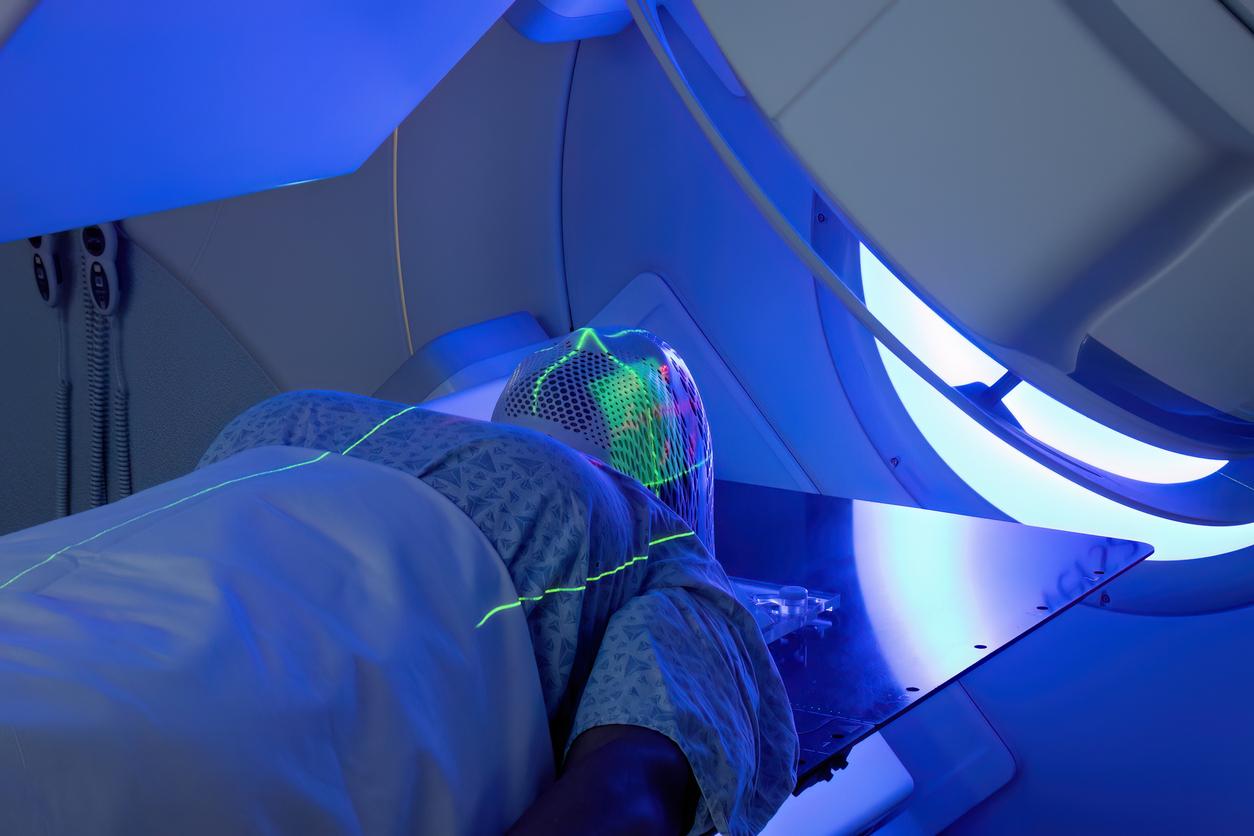A majority of men would not be able to recognize testicular cancer if they had it. A good number of them would not go to the doctor if they were suspicious.

Testicular cancer is no longer a taboo subject, but still sensitive. On the occasion of Male Cancers Week, the Orchid charity reveals a survey of 3,000 Britons. Men are not very “in contact” with their testicles, underlines the association.
85% of men recover
2 out of 3 respondents could not recognize the signs of testicular cancer, we learn. Londoners seem less aware of the symptoms than residents of the rest of the country. “Knowledge about testicular cancer has improved greatly over the past few years,” acknowledges Rebecca Porta, deputy director of Orchid, “but these results also show that a large percentage of men are not taking proactive measures to to protect yourself. “
Learning to spot testicular cancer early is of great interest: it can be 98% cured if caught early enough. The majority of men (85%) can be cured of it, even when the cancer migrates out of the testicles. The signs that should alert are a lump, redness or pain in one of the testicles, but also a slight pain in the lower abdomen, a feeling of heaviness in the scrotum or general fatigue.
33% would not go to the doctor
Not all men are equally aware of the risks, the survey says. So, men who read tabloids regularly monitor the condition of their testicles compared to those who read the standard press. Men who work in offices, on the other hand, do so less. “We are particularly surprised to find that men who work in offices, with easy access to the Internet, social networks, and a wide range of information tools, are the least likely to carry out self-checks” , notes Rebecca Porta.
The study also reveals that single men are less fortunate than those in a relationship: they are less able to recognize the signs of testicular cancer. And even when they identify them, 33% would tell their mother or partner rather than a doctor. Orchid calls on men to take a few minutes of their time to learn about testicular cancer and its symptoms, so that they can regularly monitor their health.
.
















